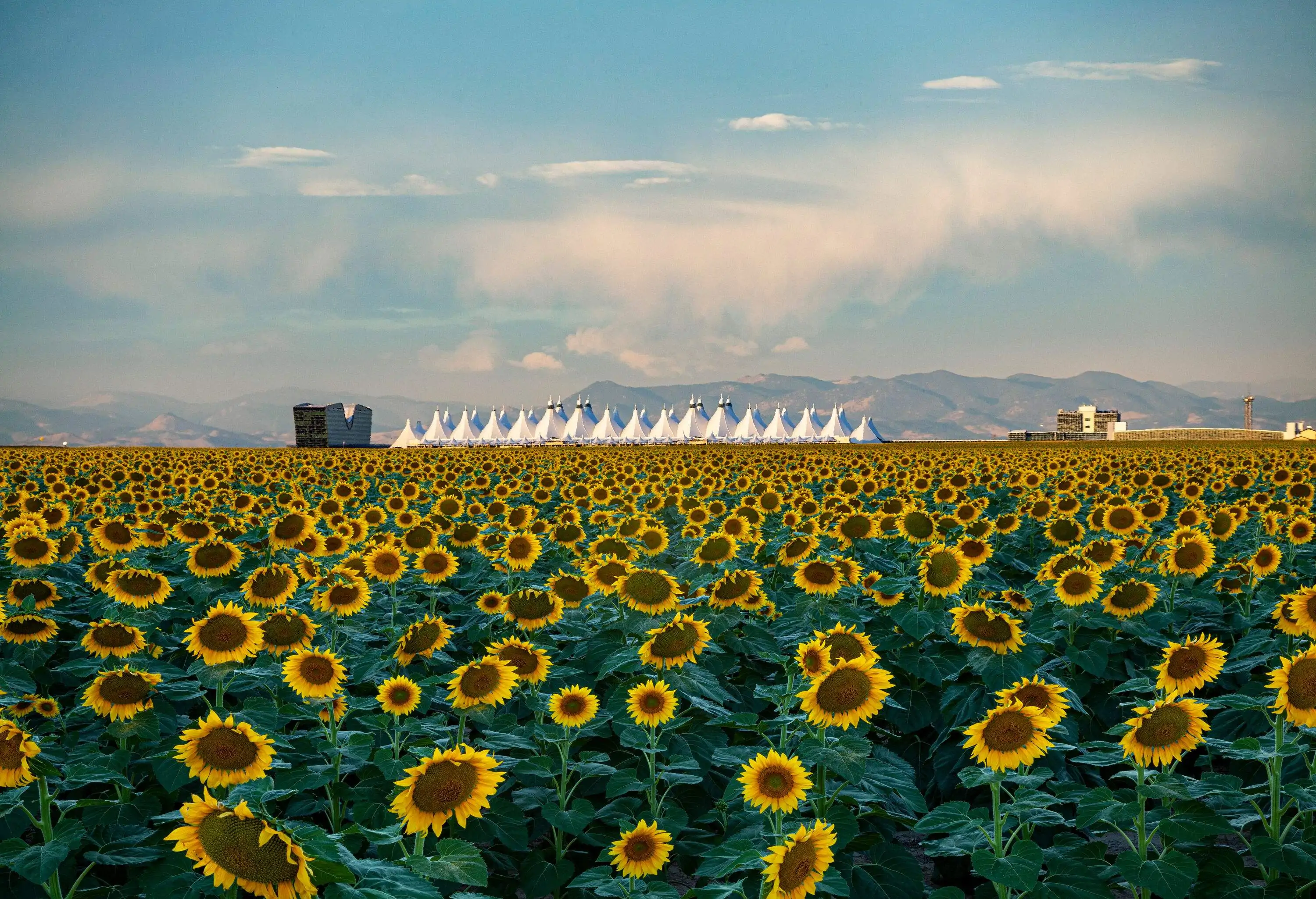It’s a boy! It seems the entire world has been swept up in royal baby fever. Keeping with tradition, after Kate Middleton gave birth at London’s St. Mary’s Hospital, an official notice was delivered to Buckingham Palace under police guard, then displayed in a gilt frame on an easel in front of the palace.
As we celebrate the arrival of William and Kate’s little bundle of joy, here’s a look at baby customs and rituals from around the world.
Bali
In Bali, a newborn baby’s feet must not touch the ground until the infant is 105 days old. For the first 42 days after birth, both mother and child are not allowed to enter any temples.
Japan
Japanese mothers hang onto their child’s umbilical cords as a sort of memento. The cord is stored in a special wooden box called a kotobuki bako, and mothers can place a small doll in a kimono in the box to represent their child. In Japanese culture, the umbilical cord is a symbol of the bond between mother and child.
Ireland
Irish fathers are tasked with “wetting the baby’s head” during a christening. The top tier of the parents’ wedding cake (typically a whiskey cake) is saved just for this occasion, and during the ceremony, the baby’s head is “wetted” with crumbs. Afterward, the cake is served to the guests.
South Korea
A Korean baby’s first birthday is known as dol, and the highlight of the party is the doljabi, when the baby is sat in front of a table filled with objects like a pen, money, thread or a brush. The party guests wait for the child to pick up an item from the table, which are believed to tell the baby’s future. Money, for example, means the baby will be rich, while a pen means the child will be intelligent. Thread is believed to represent a long life.
Sweden
Can’t get your baby to take a nap? Maybe it’s time to leave him outside! In Sweden, it’s customary for babies to nap outside in the cold. That’s right, mothers in Sweden don’t think twice about leaving babies in their strollers to sleep in freezing temperatures, a Nordic custom believed to improve a baby’s overall health.
Guatemala
Exposing newborns to the cold isn’t just a Nordic custom – in Guatemala, mothers keep to the Mayan tradition of bathing babies in cold water to combat heat rash and help the child sleep better.
Cambodia
While Kim Kardashian may have insisted on the health benefits of eating her placenta, Cambodians have a slightly different approach. The afterbirth is wrapped in a banana leaf and placed next to the newborn baby for three days; afterward, it is buried.
China
In China, babies aren’t named until their one-month birthday during a celebration known as a Red Egg and Ginger Party. Parents usually consult the grandparents or a fortune teller to find a harmonious name for the newborn, and party guests receive a red egg for good luck.
(Main image: lisarosariophotography)



